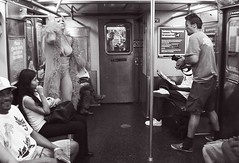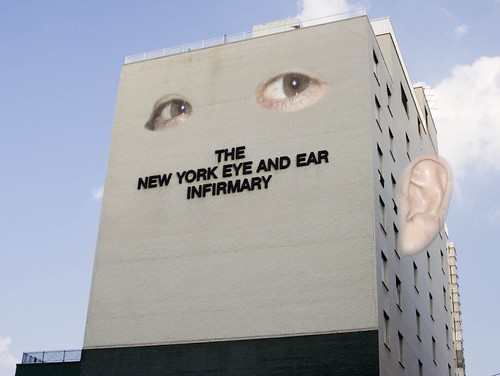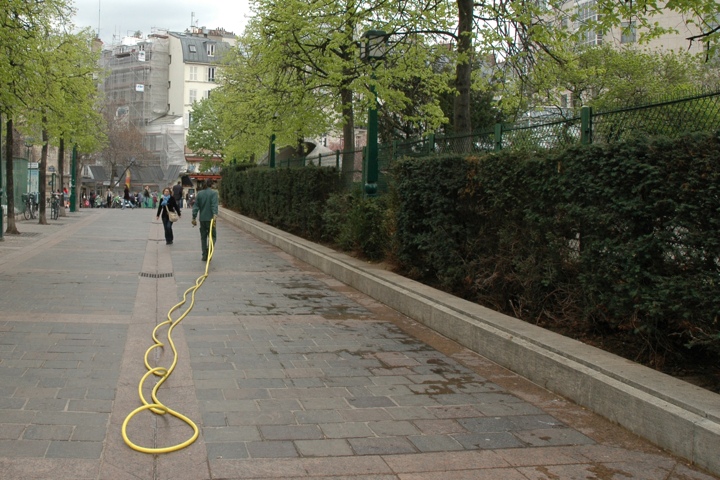I got a Canon Pixma Pro 9000 to replace my dead Epson Stylus 1280. Having not bought a new inkjet printer in about 7 years, I’m totally stunned by how far the technology has improved, even over the previous round which was pretty impressive.
First, it’s REALLY fast. While a letter size photo on the 1280 would take a good 5 minutes to print, the Pixma spit my first test print out in, oh, about 25 seconds. When it started to go, I did an actual doubletake – I was not really expecting that.
Second, the color is outstanding. With no adjustment at all, it got very close to my calibrated screen. Not exact, but close enough that you probably wouldn’t notice unless you held it up to the screen and looked at them side by side. On regular old Costco photo paper.
Third, the ink usage seems better designed. It has 8 separate ink carts, which are individually replaceable, instead of one.
Fourth, when you’re not using it, the paper path trays fold up and click into the case, which I expect will significantly reduce the amount of dust and stray hair that always seemed to get into the paper path on the old printer.
Fifth, it has more cleaning modes, to clean the print heads, deep clean the print heads, and also clean the bottom tray to prevent smudges. Also, the entire print head is replaceable if needed.
The only drawback I can see so far is that it’s gigantic. That’s kind of a side effect to being able to print on big paper, but even though it’s physically slightly bigger than the 1280 was, it seems more intelligently designed to take up as little space as it can and still do what it does.
I got it for $439 at Amazon, which is about $100 less than I paid for the 1280 originally:
http://www.amazon.com/gp/product/B000J1HPK8/102-6283686-1967340?ie=UTF8&tag=buyadam-20&linkCode=xm2&camp=1789&creativeASIN=B000J1HPK8
Highly recommended.
Tags: canon, photo, printer, inkjet, pixma, pixma pro 9000, epson





